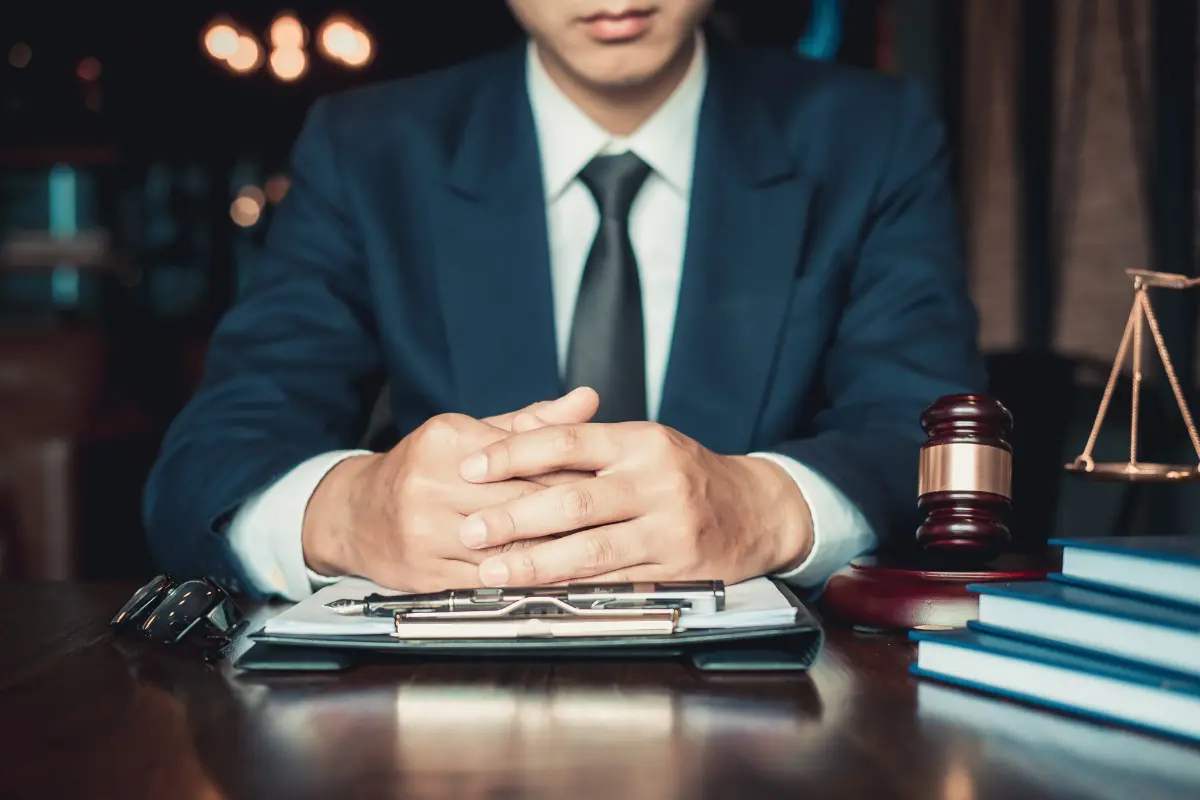When people visit bars to unwind, socialize, and enjoy drinks, responsible alcohol service is a crucial aspect that bars must adhere to. Overserving alcohol can result in serious consequences, including accidents, injuries, and fatalities. But what happens when a bar serves too much alcohol to a patron who later causes harm? Can you sue a bar for overserving? The short answer is yes, but the process involves various legal considerations and state-specific laws.
Understanding Dram Shop Laws in the U.S.
Dram shop laws are the primary legal foundation for holding bars and other alcohol-serving establishments accountable for overserving patrons. These laws allow victims of alcohol-related incidents to seek compensation from businesses that negligently served intoxicated individuals.
However, dram shop laws vary significantly across states. While 42 states and Washington D.C. recognize dram shop liability, seven states—Delaware, Kansas, Louisiana, Maryland, Nebraska, Nevada, South Dakota, and Virginia—do not impose such liability on businesses.
In jurisdictions with dram shop laws, liability can extend to the business itself and, in some cases, the individual server who provided the alcohol.
Legal Consequences of Overserving Alcohol
If a bar is found guilty of overserving a patron who then causes harm, the establishment may face several legal consequences, including:
- Fines and Financial Penalties: Bars can be fined substantial amounts for violating alcohol service laws.
- Loss of Liquor License: Overserving can result in temporary or permanent revocation of a bar’s liquor license.
- Civil Lawsuits: Victims or their families can file lawsuits seeking compensation for damages.
- Criminal Charges: In some cases, business owners and staff could face criminal prosecution, leading to potential jail time.
Types of Liability in Overserving Cases
There are two primary types of dram shop liability:
Third-Party Liability
This occurs when an intoxicated patron harms another person, such as in a drunk driving accident. The victim (or their family) can sue the bar for serving the individual too much alcohol. Third-party lawsuits are the most common dram shop cases in the U.S.
First-Party Liability
This type of claim is less common and occurs when an intoxicated individual sues the bar for serving them excessive alcohol, leading to self-inflicted harm. Some states allow first-party claims in cases where minors were served alcohol.
Notable Dram Shop Cases in the U.S.
Several high-profile dram shop lawsuits highlight the potential financial consequences for bars that fail to follow responsible serving practices:
- Corpus Christi, Texas (2021): A bar was found partially liable in a drunk driving accident, resulting in a record-breaking $301 billion verdict.
- St. Louis, Missouri (2019): A strip club was ordered to pay $37.5 million in damages after overserving a patron who caused a fatal accident.
- Miami, Florida (2015): A jury awarded $95 million in damages in a case involving multiple defendants, including a local bar.
Even if bars are not found liable, they often face substantial legal fees and increased insurance premiums, prompting many to settle cases out of court.
How to Prove Overserving in a Lawsuit
To successfully sue a bar for overserving alcohol, the plaintiff must typically establish the following elements:
- Establishment Served Alcohol to an Intoxicated Patron: Evidence must show that the bar continued serving alcohol despite visible signs of intoxication.
- Direct Link to the Harm: Plaintiffs must demonstrate that the overserving directly contributed to the injury, such as a car accident or physical altercation.
- Negligence: It must be proven that the bar neglected its duty of care by failing to prevent overserving.
Common forms of evidence in such cases include:
- Surveillance footage
- Witness statements
- Receipts showing excessive purchases
- Police reports documenting intoxication
Challenges in Suing a Bar for Overserving
While dram shop laws provide a legal basis for suing a bar, there are several challenges to consider:
- State Variations: Laws differ widely by state, with some offering greater protection to businesses.
- Burden of Proof: Establishing that overserving directly caused harm can be complex and requires substantial evidence.
- Comparative Fault: In some states, the plaintiff’s own negligence (such as choosing to drink excessively) may reduce or eliminate compensation.
Preventing Overserving: Best Practices for Bars
To mitigate legal risks, bars can adopt several proactive strategies to prevent overserving:
- Train Staff Thoroughly: Employees should be educated on how to identify intoxication and manage difficult situations.
- Implement Drink Monitoring: Establish drink limits per customer and use tracking systems.
- Enforce a Strict ID-Checking Policy: Staff should be trained to detect fake IDs and monitor third-party purchases.
- Have a Cutoff Policy: Clear guidelines should outline when to stop serving a patron.
- Provide Alternative Transportation: Offering cab services or partnering with ride-share companies can help patrons get home safely.
- Maintain Adequate Staffing: Ensuring there are enough employees to monitor patrons’ alcohol consumption effectively.
What to Do If You’ve Been Affected by Overserving
If you or a loved one has been harmed due to a bar overserving alcohol, consider taking the following steps:
- Seek Medical Attention: Document any injuries sustained as a result of the incident.
- Gather Evidence: Collect receipts, photos, and witness statements to support your case.
- Consult an Attorney: Speak with a legal professional specializing in dram shop law to evaluate your options.
- File a Complaint: Report the incident to local authorities or the state liquor control board.
Conclusion
While bars have a responsibility to serve alcohol responsibly, individuals also bear responsibility for their actions. However, when overserving leads to harm, dram shop laws provide a pathway for victims to seek justice and compensation. If you believe a bar has negligently served an intoxicated person who caused you harm, understanding your rights and legal options is crucial. Seeking professional legal advice can help navigate the complexities of dram shop liability and improve your chances of a successful claim.
